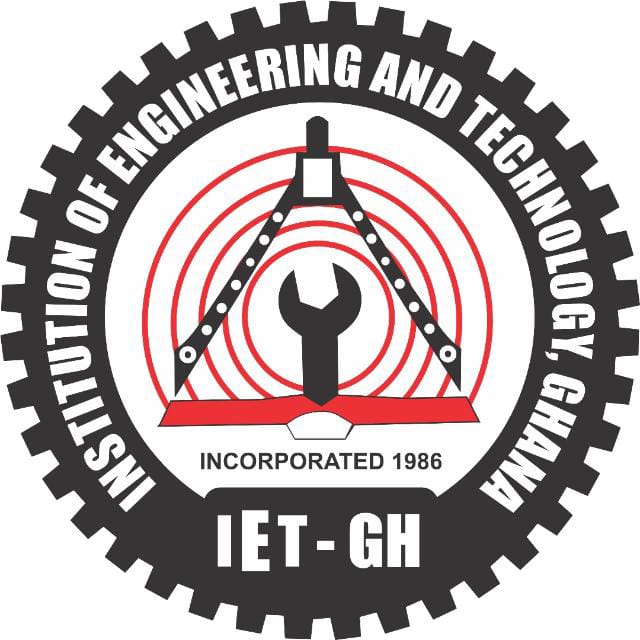The Institution of Engineering and Technology, Ghana (IET-GH), has refuted recent statements made by Greater Accra Regional Minister, Linda Ocloo, suggesting that 99.9% of engineers should be transferred over the issuance of a permit for a project on a Ramsar site.
IET-GH described the statement as not only unfortunate but also a misrepresentation of the roles and responsibilities of engineering practitioners within the local government structure.
In a statement, IET-GH clarified that engineering practitioners are not responsible for issuing building or development permits.
It emphasized that, as outlined in the Land Use and Spatial Planning Act, 2016 (Act 925), the authority to issue development permits lies solely with the Spatial Planning Committee (SPC) of the respective Metropolitan, Municipal, or District Assemblies (MMDAs).
The IET-GH statement explained that the Spatial Planning Committee is a multi-disciplinary body chaired by the Chief Executive of the Assembly and includes professionals such as the Coordinating Director, Physical Planning Officer, Head of the Works Department, Chairpersons of relevant Sub-Committees, Development Planning Officer, and other representatives from bodies such as the EPA, Lands Commission, and Traditional Authorities, among others.
“This composition clearly shows that the responsibility for physical planning decisions lies with a collective of professionals, not solely with engineers,” the statement read. “It is therefore erroneous and misleading to attribute shortcomings in spatial development or permit approval to engineering practitioners, who do not play a direct role in the approval or issuance of development permits.”
IET-GH called on public officials to exercise diligence and seek accurate information before making public statements that could undermine professional integrity and mislead the public.
Furthermore, IET-GH appealed to the Office of the Chief of Staff to consider organizing orientation programs for Regional Ministers. This, they believe, would help enhance their understanding of the local governance system, relevant legislation, and the roles of various professionals within the built environment.
The Engineering Council of Ghana has also expressed its willingness to support public education and engagement on the specific roles of engineering practitioners across public institutions.
ALSO READ:

